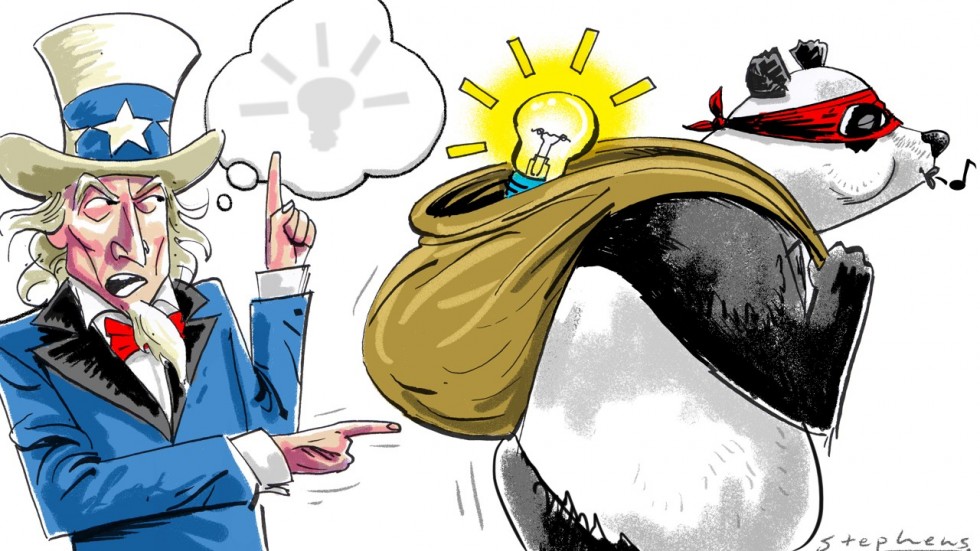
Despite IPRs infringements, Chinese market is too big to leave
Although foreign companies have encountered problems related to the protection of intellectual property in China, almost all of them want to continue doing business in the country due to its size and fast pace of growth. During the opening ceremony of the China International Import Expo (CIIE), world’s first import-themed national-level expo featuring exhibitions of multiple countries and businesses, Chinese president Xi Jinping said that “we will enhance the credibility of our Intellectual Property framework.” China will therefore put in place “a punitive compensation system to increase the costs for offenders.” The CIIE was a unique chance for Beijing to show its willingness to improve Intellectual Property Rights (IPR) complaints. The government made special arrangements to protect IPR of goods and services displayed at CIIE. For the event, the organizers set up information and dispute settlement offices on site to mediate in conflicts. “In our view, these are signs of commitment to honour the pledges President Xi Jinping made during the Boao forum to protect IPRs and align China’s practices with International economic and trading rules,” Ernst & Young consultancy said at the end of CIIE in Shanghai. European and American companies attending the CIIE confirmed they were suffering the consequences of these practices. Despite the stealing of companies’ best secrets, or the difficulties of operating in the Chinese market, the great majority of firms stressed the importance of remaining in China. “Some firms are reluctant to operate in China because of the difficulties, but that means you are neglecting half of the world’s consumption machine tools,” Nicolas Correa, CEO of a machinery manufacturing company, said.

The size and growth of the Chinese market are outstanding in the fields of technology and telecommunications. In fact, China is putting innovation at the heart of its economic development through various state-driven initiatives, including the 13th five-year plan on scientific and technological innovation, the big data industry development plan (2016-2020), the three-year action plan for cloud computing development (2017-2019), and plans for the next generation of artificial intelligence (AI), in which the country is investing billions of dollars. The digital economic already represents 55% of China’s GDP in 2017, close or even higher than the levels of many developed economies. Microsoft, for example, is registering double-digit growth in mainland China, already surpassing the sales in-Hong Kong and Taiwan.
To operate in China, it is often necessary for foreign companies to form joint ventures with Chinese companies or public entities. For instance, Microsoft is working with the government to develop a Chinese version of Windows 10, and it also set up another JV for cloud computing. This strategic sector is being primarily developed by the public administration and, in most cases, the Chinese representatives are members of the Communist Party.

For Correa, China’s dubious practices over IPRs are not an unreal problem. “We trained a Chinese employee for a year in Spain to become chief assembly officer in our factory in China, but in less than 24 hours after his return to China, the employee disappeared,” he told. This illustrates the forced transfer of know-how and stealing of intellectual property that have become serious issues in the relationship between China on the one side, and the US and Europe on the other.
Source EURACTIV




